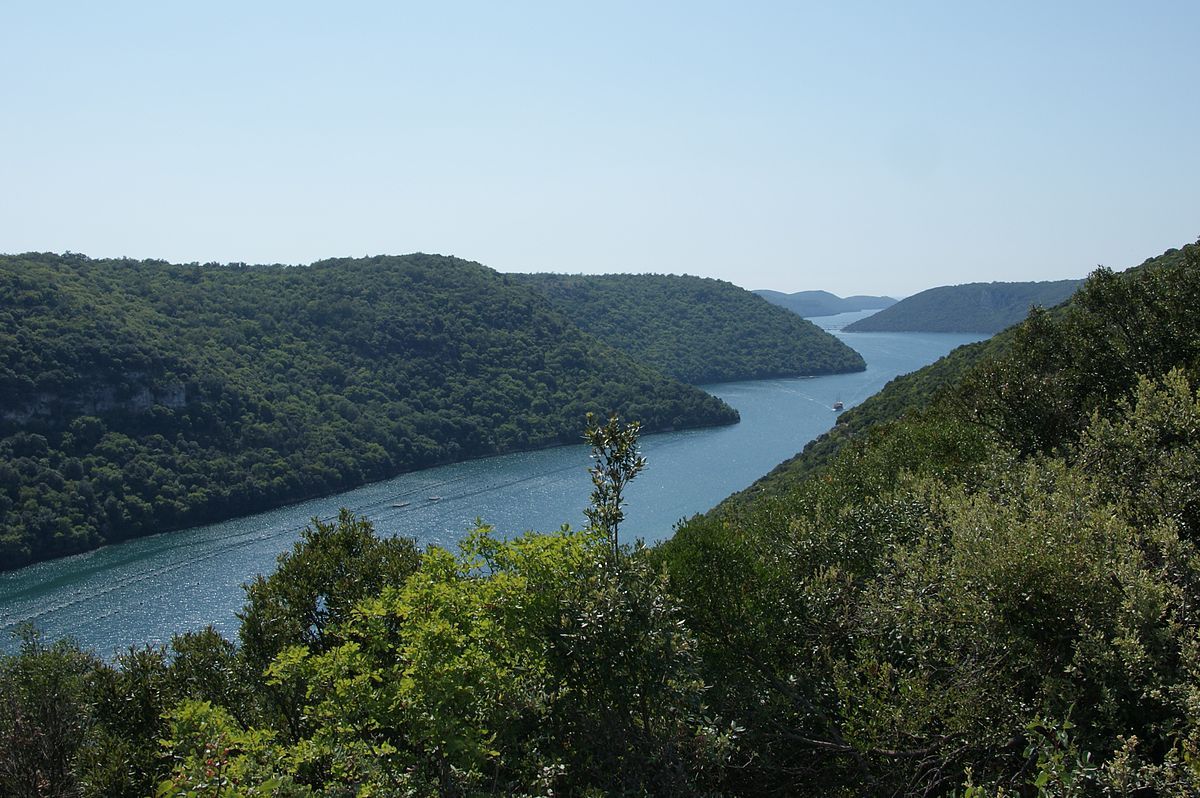April 17, 2018 - Justice finally caught up with a handful of people guilty of illegal fishing in the Lim Channel
You can call it superstition, but there just might be something behind those notorious dates: a couple of Istrian fishermen suspected of poaching got what was coming to them on Friday the 13th, announced Morski in their exclusive report.
A course of events worthy of an action thriller, a complex action coordinated by the police resulted in multiple arrests in Lim. Located on the western coast of Istria, south of the city of Poreč, the 10-kilometre long estuary is known as a natural hatchery and a protected fishing area, often called the Lim Channel by the locals.
Owing to favourable natural conditions, the channel is rich in marine life, including the thriving populations of fish, oysters, and mussels. Unfortunately, the area has long been suffering from poaching, with irresponsible individuals catching large quantities of fish and other marine species to make a buck on the side.
Morski talked to Damir Jerkov, a fishing enthusiast and member of the Croatian Navy who has been watching people wreaking havoc on Croatia's natural treasure for too long, so he decided to launch the Facebook group 'Let's Put a Stop to Devastation of the Adriatic'. According to Jerkov, some poaching individuals were known to catch more than 100 kilos of fish per night, which they would then sell to seafood restaurants and fish markets.

Commons / Aconcagua
"It's a completely inhumane and forbidden way of fishing", Jerkov said. Three big hooks are tied together with a nylon fishing line, then thrown into the sea during nighttime or in times when the sea water is murky. The contraption is yanked until some of the fish get hooked in passing. The denser the fish shoal, the higher possibility to score a good catch. And on any given night, there's often more than 50 illegal fishermen doing their dirty work. According to Jerkov, poaching is bad enough on its own, but there's an even worse side to the entire rotten business: the fish getting injured by the hooks, then falling back into the sea.
The locals had reported these criminal acts to the police on multiple occasion, but so far, their efforts haven't led to any results - until last Friday, April 13th. The police coordinated a major action, an ambitious, well-planned feat aiming to put a stop to poaching in Lim once and for all. One of the reasons they were unable to catch the perpetrators in the act thus far was a Port Authority guard who was tipping off the illegal fishermen every time he found out the police were on their way.
Not anymore: learning from prior experience, the police have decided to go undercover for the latest action, donning plain clothes and approaching the culprits as if they were colleagues. Once they managed to start a friendly conversation, they were able to collect information they needed to later make the arrests. At the same time, they made sure to take photos and videos to document the illegal acts as they were being carried out.
And then, the dramatic finale: at one point, a police speedboat arrived on the scene, stirriung up panic among the culprits. Some have hurried to the shore, to no avail: all access roads were previously blocked by police cars. Those who tried to dump their catch and all the equipment overboard didn't have any luck either: their acts were already caught on video by that point.
The exact number of arrested persons still hasn't been made public, but we're probably talking about some 10-20 arrests of those who were caught in the act by the police. They'll be slapped with some hefty charges, and the police will also carry out a large-scale investigation into the illegal network in Lim: it's not only the fishermen who should get blamed, but their customers as well.
As Jerkov stated, this case is only the tip of the poaching iceberg in Croatia. And yet, it's nice to hear that, for once, justice finally caught up with the criminals.


